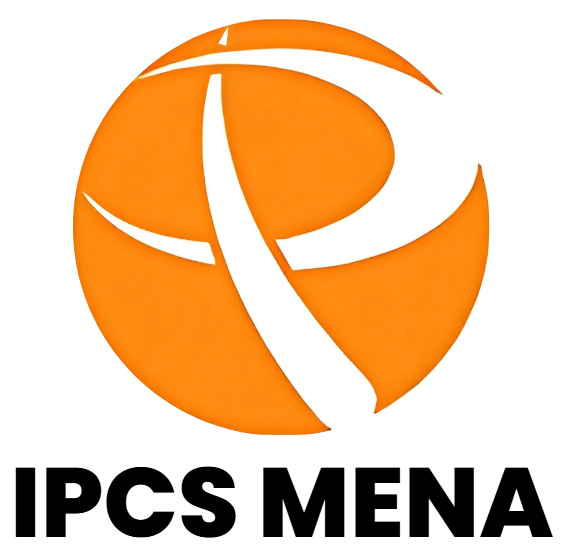Strategic Procurement :
Strategic procurement plays a pivotal role in driving innovation, enhancing performance, and fostering sustainability within organizations. As businesses increasingly recognize the need for agility and forward-thinking strategies to stay competitive, the procurement function has evolved from a transactional process to a key driver of long-term organizational success. When integrated into performance consultancy and sustainability efforts, strategic procurement becomes a powerful tool for reshaping operations, optimizing resource management, and achieving broader corporate objectives.
Innovation and Strategic Procurement
Innovation in strategic procurement is the process of identifying and acquiring new and cutting-edge solutions that can provide a competitive advantage. Procurement is no longer limited to securing goods and services; it now involves seeking suppliers that bring new ideas, technologies, or methodologies that improve overall performance. In performance consultancy, procurement professionals actively collaborate with internal stakeholders to understand the specific needs of the business and the challenges it faces. This collaboration allows procurement teams to source innovative solutions that align with organizational goals.
For instance, when an organization aims to enhance its operational efficiency, the procurement team might explore innovative software solutions, automation tools, or partnerships with technology providers. This fosters a culture of continuous improvement, where procurement is not merely a cost center but a strategic enabler of transformation.
Moreover, procurement can contribute to innovation by identifying suppliers who are at the forefront of their respective industries, whether it’s through new product designs, sustainable manufacturing practices, or next-generation technologies. This forward-thinking approach ensures that organizations are not just keeping up with industry trends but are actively shaping them.
Performance Consultancy and Strategic Procurement
In performance consultancy, the objective is to enhance the overall effectiveness and efficiency of an organization. Strategic procurement directly impacts this by ensuring that the right resources, suppliers, and partners are selected to drive optimal performance. Procurement professionals are tasked with identifying suppliers that not only meet cost and quality requirements but also align with the strategic goals of the organization, including innovation and performance improvement.
By engaging in a consultative approach, procurement teams can better understand the challenges faced by internal departments such as operations, R&D, and marketing. With this understanding, they can source suppliers and products that offer measurable improvements in productivity, cost savings, and quality. For example, in a manufacturing company, procurement might identify a supplier that offers advanced materials that improve product durability or reduce production costs. In a service-oriented business, procurement might focus on software solutions that streamline customer service operations, reducing response times and improving customer satisfaction.
Additionally, performance consultancy involves evaluating the effectiveness of existing supplier relationships and identifying areas for improvement. Strategic procurement teams can leverage data and analytics to assess supplier performance, negotiate better contracts, and ensure that suppliers deliver on their commitments. This ongoing evaluation process ensures that organizations continue to operate at peak performance levels.
Sustainability and Strategic Procurement
Sustainability has become a critical focus for organizations globally. Strategic procurement plays a crucial role in achieving sustainability goals by sourcing products and services that minimize environmental impact, promote ethical practices, and contribute to social well-being. Procurement professionals are increasingly tasked with ensuring that their supply chains are aligned with sustainability criteria, such as reducing carbon footprints, minimizing waste, and supporting fair labor practices.
Incorporating sustainability into procurement involves evaluating the entire lifecycle of products and services, from production to disposal. This means seeking suppliers who prioritize sustainable practices in their operations, such as using renewable energy, reducing emissions, or adopting circular economy models. Additionally, procurement can push for transparency in supply chains, ensuring that all suppliers meet sustainability standards and that the organization’s sourcing decisions reflect its broader environmental and social commitments.
Moreover, strategic procurement teams often collaborate with performance consultants to design sustainability-focused strategies that integrate environmental considerations into every stage of the procurement process. This can involve developing procurement policies that prioritize sustainable sourcing, conducting supplier audits to ensure compliance, and establishing key performance indicators (KPIs) to track progress toward sustainability goals.
